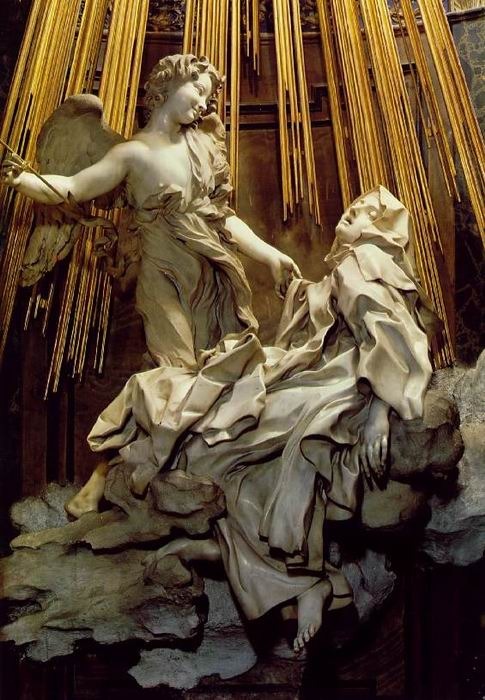If you know of some study where they managed to get an fMRI scan of someone while they were having a mystical experience, I'd love to hear about it.
Jeff,
One of the many difficulties in discussing mystical experiences is that such experiences can bear a superficial similarity to psychosis, a fact that has misled more than one person into believing that they are actually the product of psychosis.
Furthermore, it seems that some – but by no means all – cases of temporal lobe epilepsy can trigger mystical experiences. And though such cases are relatively rare, their existence has led to a great deal of speculation that temporal lobe epilepsy accounts for the mystical experiences of numerous prominent religious figures, including Jesus, Paul, and Mohammed.
Last, such things as drugs, emotional stress, illness, physical exhaustion, and sensory deprivation are known to at times trigger hallucinations that can easily be confused with mystical experiences – or perhaps in some cases, trigger actual mystical experiences.
All of the above has been taken as evidence that mystical experiences are essentially pathological. However, the evidence does not seem to bear out that speculation.
In 1975, Andrew Greely conducted a study in which he first asked people a question designed to determine whether they’d had a mystical experience. Those who responded positively to the question were then evaluated for psychological well-being using standard tests of the time. The results were that people who claimed to have had at least one and perhaps more mystical experiences scored above the national average for psychological well-being. And, according the neuroscientists Andrew Newberg and Eugene D’Aquill, “Other studies have also shown that in general, even mild mystical and spiritual experiences are associated with higher-than-average levels of overall psychological health, expressed in terms of better interpersonal relationships, higher self-esteem, lower levels of anxiety, clearer self-identity, an increased concern for others, and a more positive outlook on life.”
For a fuller discussion of why mystical experiences should not be confused with psychotic episodes, or why pathological causes in general do not account for most mystical experiences, see Andrew Newberg, and Eugene D’Aquill, Why God Won’t Go Away: Brain Science and the Biology of Belief, pp 107-113. The discussion is too extensive to summarize here other than to say Newberg and D’Aquill make what I believe are several compelling arguments to discard the outdated notion that most mystical experiences are the product of pathologically abnormal psychological functioning.
Last, I’ve yet to hear of a mystical experience being “caught on tape” by the various brain imaging technologies, but meditative experiences have been caught on tape, and – so far as I know – they do not show any pathological abnormalities in the brains of the meditators.

